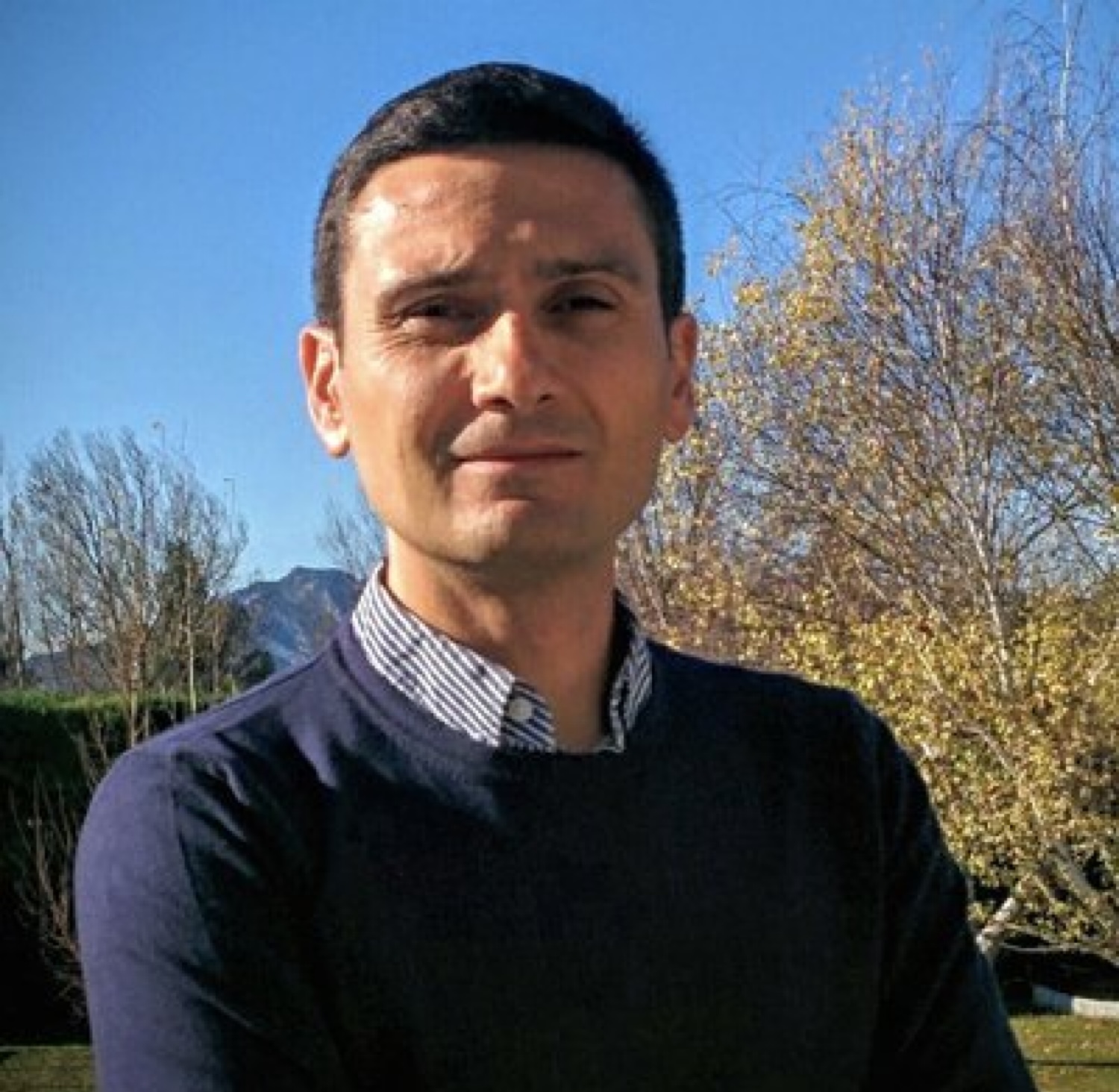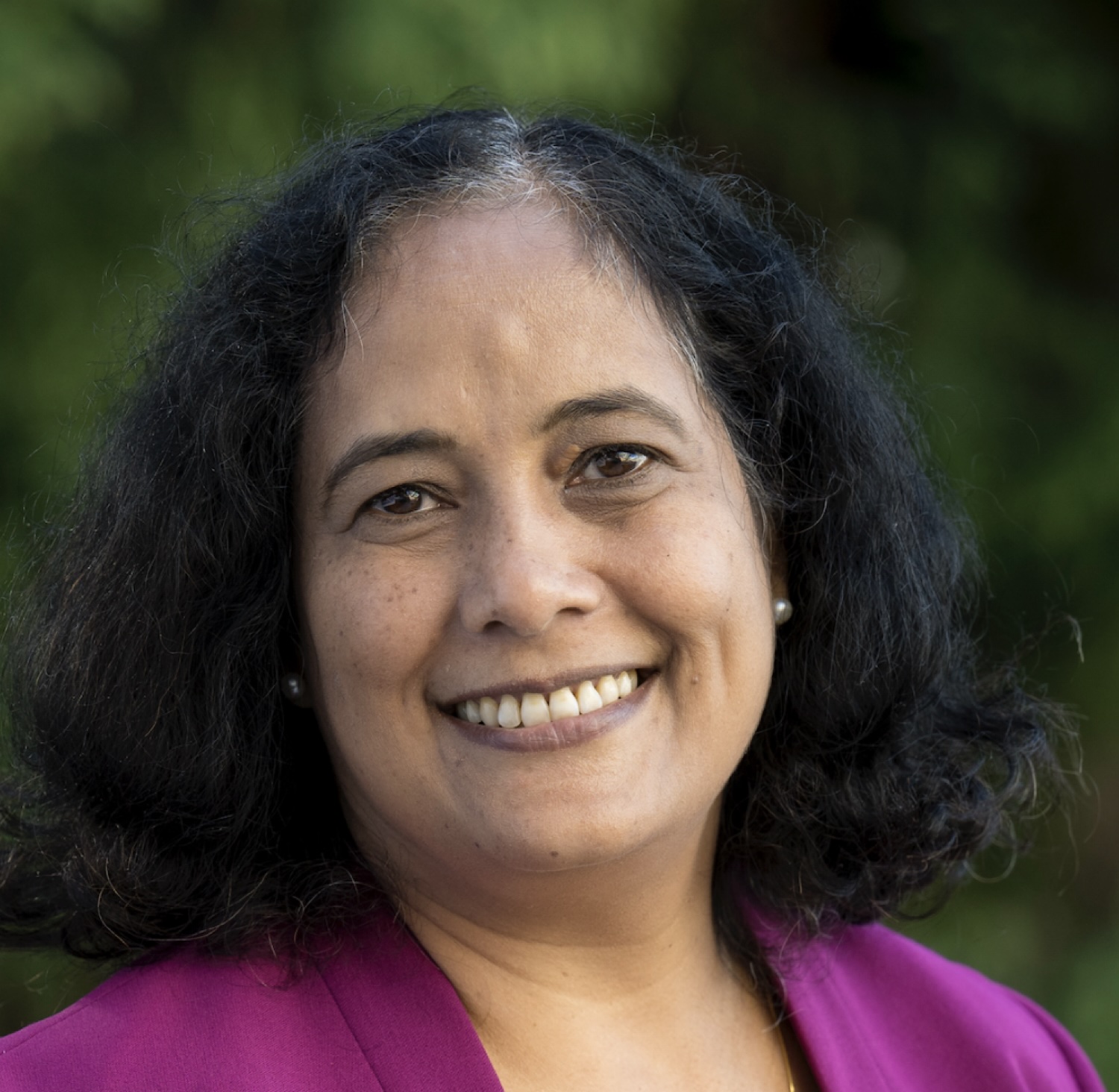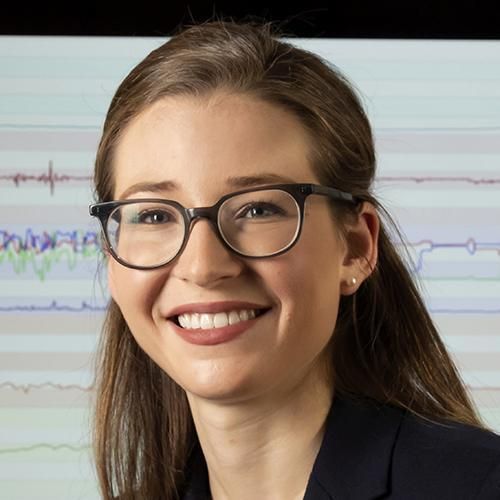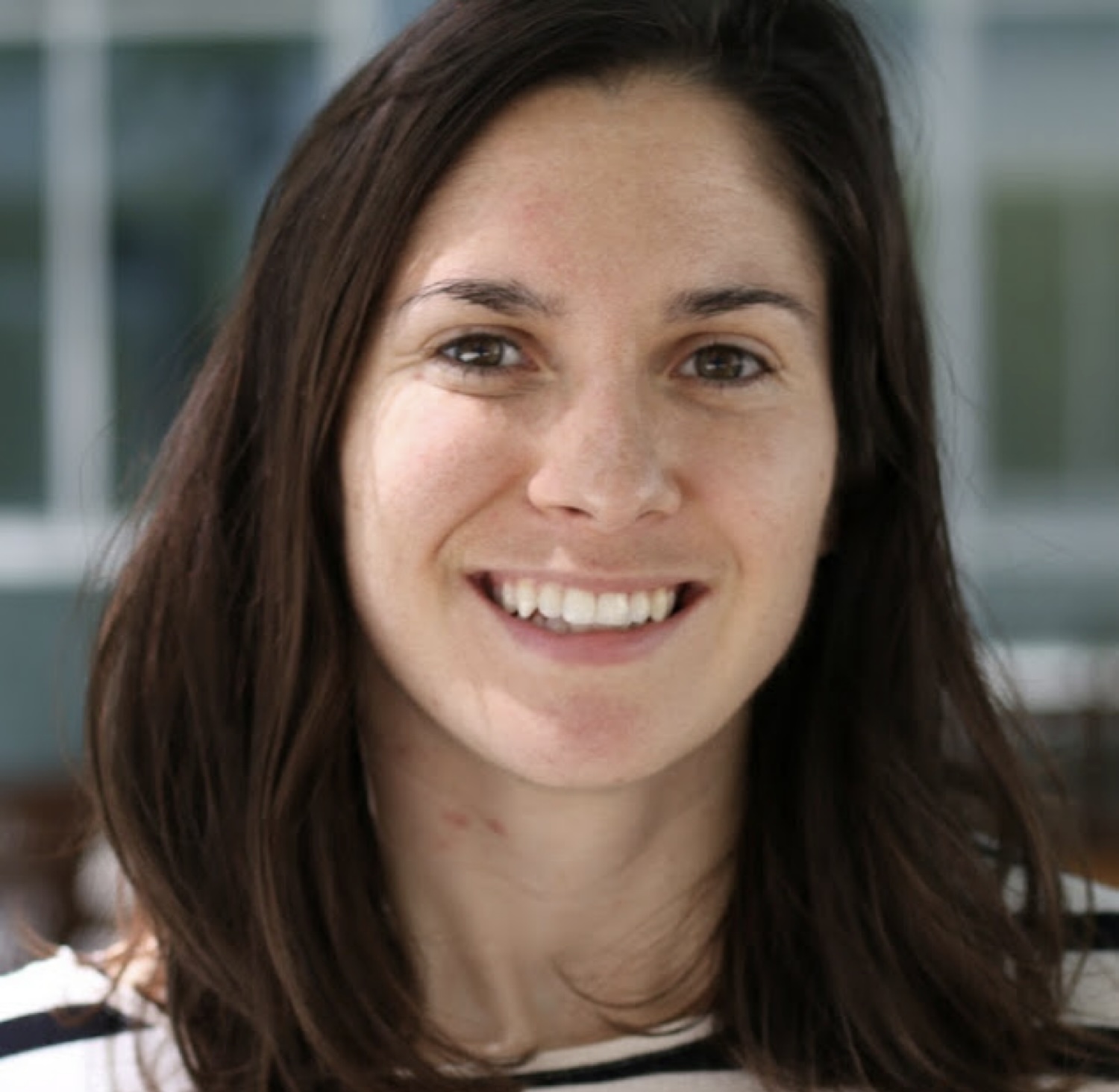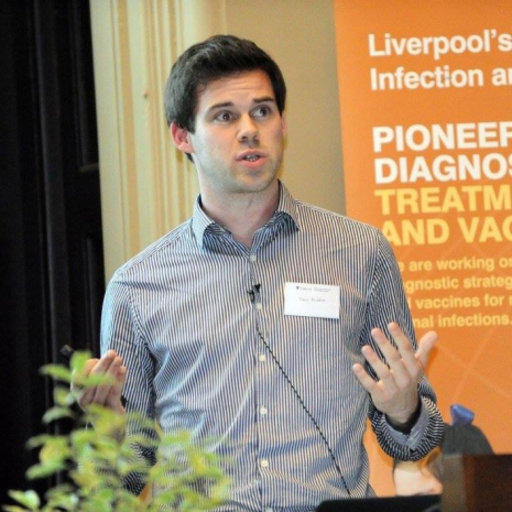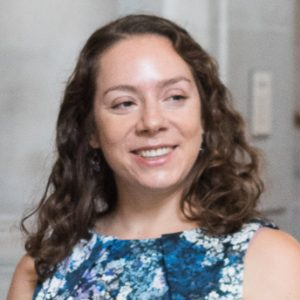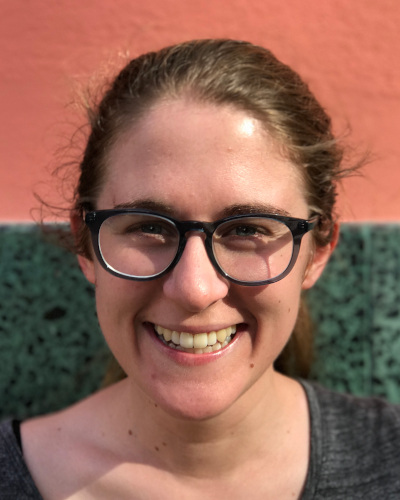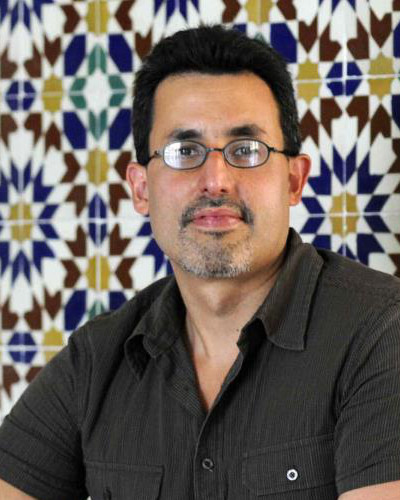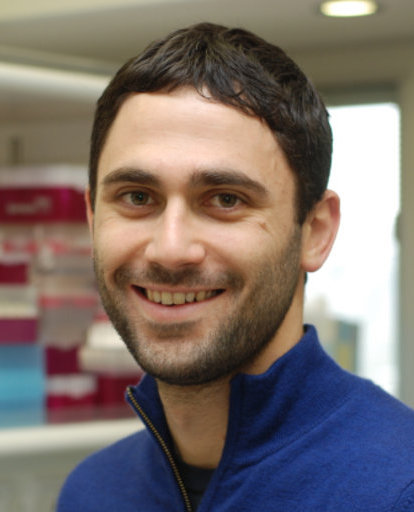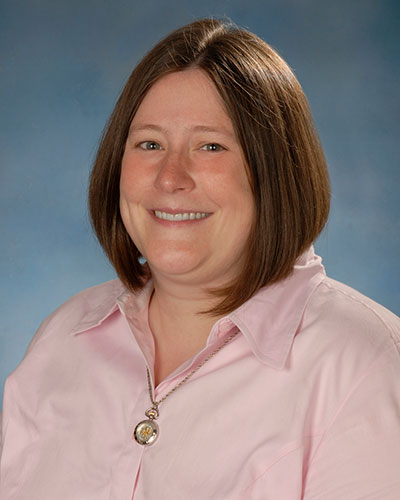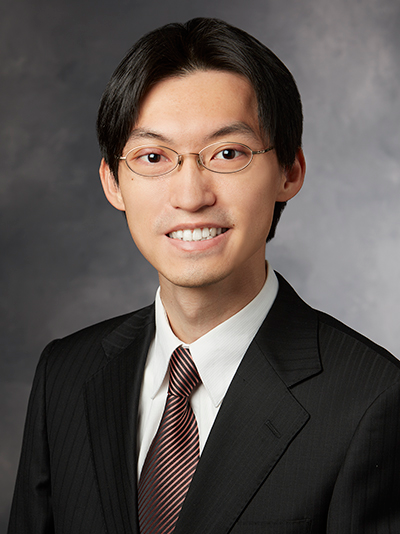Prize & Supporters
Those who make this possible.
Prizes
Recipients of both awards will receive a leather lamprey with a magnetic head. This lamprey can be attached to ferromagnetic surfaces. Previous award winners have attached them to lamps, to produce lamp-reys. The physical prizes are supported by an award from the Gordon and Betty Moore Foundation (GBMF 4552) to Casey Greene.
Each award recipient will receive a $1000 cash prize, due to support from GigaScience and GigaByte. We also expect to award a number of Honorable Mentions, which are accompanied by a $250 prize.
2025 Award Year Sponsors
GigaScience
GigaScience aims to revolutionize reproducibility of analyses, data dissemination, organization, understanding, and use through open access and open data publication of 'big data' studies across the life and biomedical sciences.

GigaByte
GigaByte aims to promote the most rapid exchange of scientific information in a formal peer-reviewed publishing platform.

GigaScience Press
GigaScience and its new sister journal GigaByte are data-centric journals in the life and biomedical sciences published by GigaScience Press. Helping to incentivise and support data parasites and symbionts, both journals have data curation and hosting support and credit the sharing of the associated Research Objects (raw and analysed data, code and workflows, etc) with the articles, are open, accessible, and follow best (FAIR) practices. GigaScience publishes cutting edge research involving large, complex datasets, biological data analyses, and software tools; GigaByte is designed to publish rapidly changing research in the form of short Data Release and Technical Release articles. These present non-complex data sets, continually updated software tools, and changing methods that are well-served by having embedded content that bring papers to life and allow readers to directly engage with the content. The editors are currently doing a call for papers for the launch of GigaByte.
Long-term Sustainability
Since the 2019 award year, The Research Parasite Award has been supported in part by an endowment. This endowment is housed at the University of Pennsylvania and provides modest prizes to the recipients. If you would like to contribute to this endowment, donations may be made here. The initial donors to this endowment include:
- Jeff Stibel
- Mr. and Mrs. Stephen Canon
- Drs. Casey and Anna Greene
Administrative support is provided by University of Pennsylvania Perelman School of Medicine's Department of Systems Pharmacology and Translational Therapeutics. If you would like to team up with us to celebrate secondary data analysis with a one-year contribution (e.g. via a travel award), please send an e-mail to Casey Greene.

